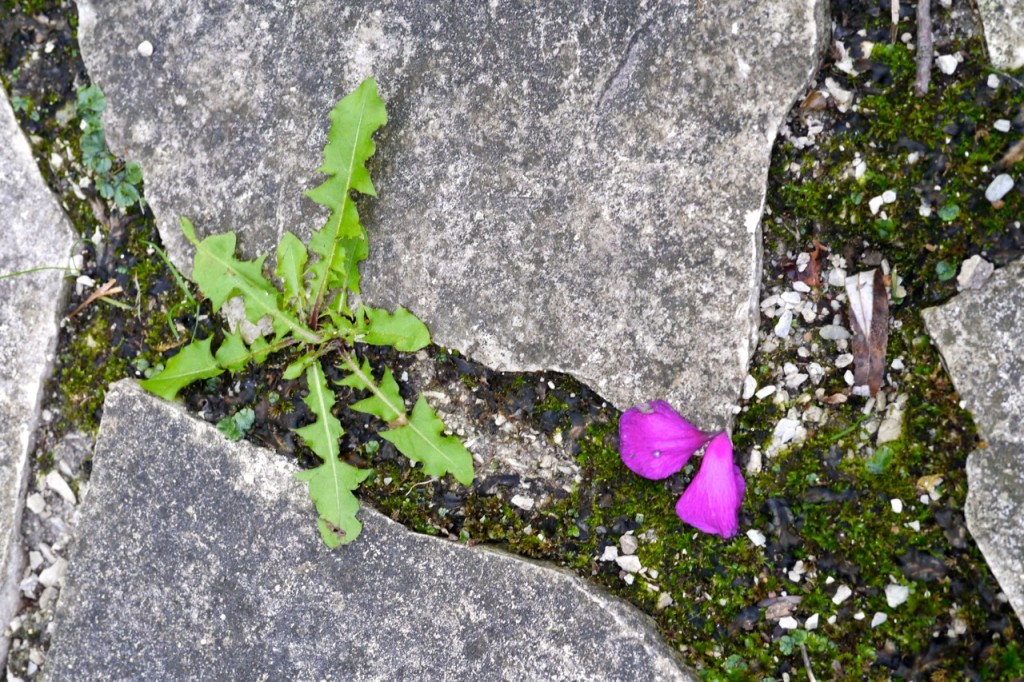
What comes to mind when you hear the word weed (as in the unwanted and reviled plant in your yard)?
Weeds are invasive, ugly, and a nuisance for us humans. Or, are they? According to this New York Times article, florists and chefs are looking at weeds in a whole new way. By arranging them artfully in their creations, they allow us to see them differently.
“A weed is just a plant whose virtues have not yet been discovered.” ~ Ralph Waldo Emerson
Just as the thought of weeds immediately conjures judgment, it seems to me that overall we live in a very judgmental world. Everything is quickly evaluated, opinions formed, sides taken. On top of that, we bond over complaints. I’m as guilty as the next person. The stance I want to bring into 2019 is to evaluate (or judge) less and to question more. I’ll examine my likes and dislikes, opinions and judgements, or at least suspend them for awhile. After all, we never have a complete picture of anything. There’s always more to discover, even in a person you’ve lived with or known for 25 years or more. Everything is always in flux – evolving and changing before our eyes, whether we see it or not.
How do you do this? Here are a few ways.
Notice your reactions to situations, things, people; especially your dislikes. Can you see it differently, from a new angle or perspective? Weeds is one example. Trying a new or previously disliked food is another. Maybe go to a restaurant that has an excellent reputation for this particular food. Some dislikes may be caused by a lack of understanding. For example, abstract or contemporary art. Do you need to learn more about it? Be open to surprises and be willing to have your mind changed.
Get curious. Reframe goals or projects (or even your day) into questions or problems to solve. I’ve been working on a project of Lake Ontario Waterscapes for a few years now but haven’t been sure what to do with it. After reading a book about some of the problems the Great Lakes have been enduring over the past 50 years, my project became more clear. I have a relationship with this lake and I want it to be healthy. Can I juxtapose images of the lake’s surface beauty with what’s happening under the surface?
Create more space between stimulus and response. To do this, you need to become acquainted with your perceptual mind (stimulus), that is, how you experience the world before conditioned thoughts kick in. We practiced this in the 30 Days of Perception course. The key is to open your senses and get in touch with your body’s intuitive and emotional responses. This is where reality and truth can be found.
It’s not that you can’t have opinions or likes and dislikes. It’s just that we’re too quick to judge, to evaluate, to form an opinion. Notice when you move into complaining. Spend a little more time just experiencing life as it’s happening without any desire to evaluate. Feel how freeing that can be.
In my next post, I’ll share how the artist Robert Irwin let curiosity become more important than ambition with his art.